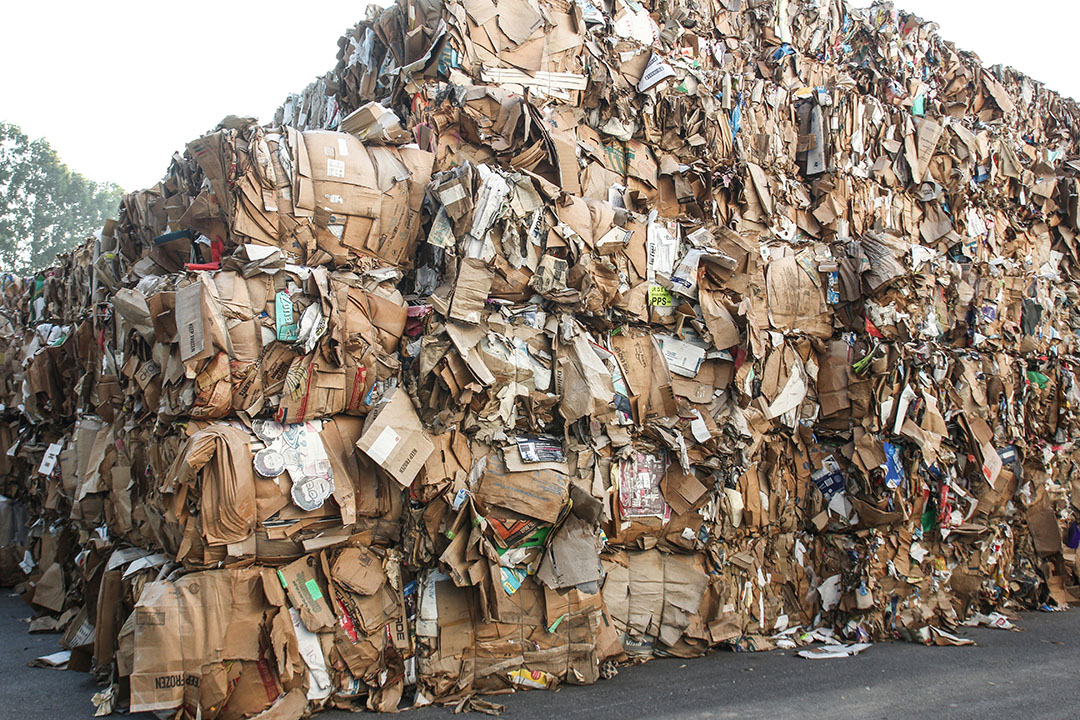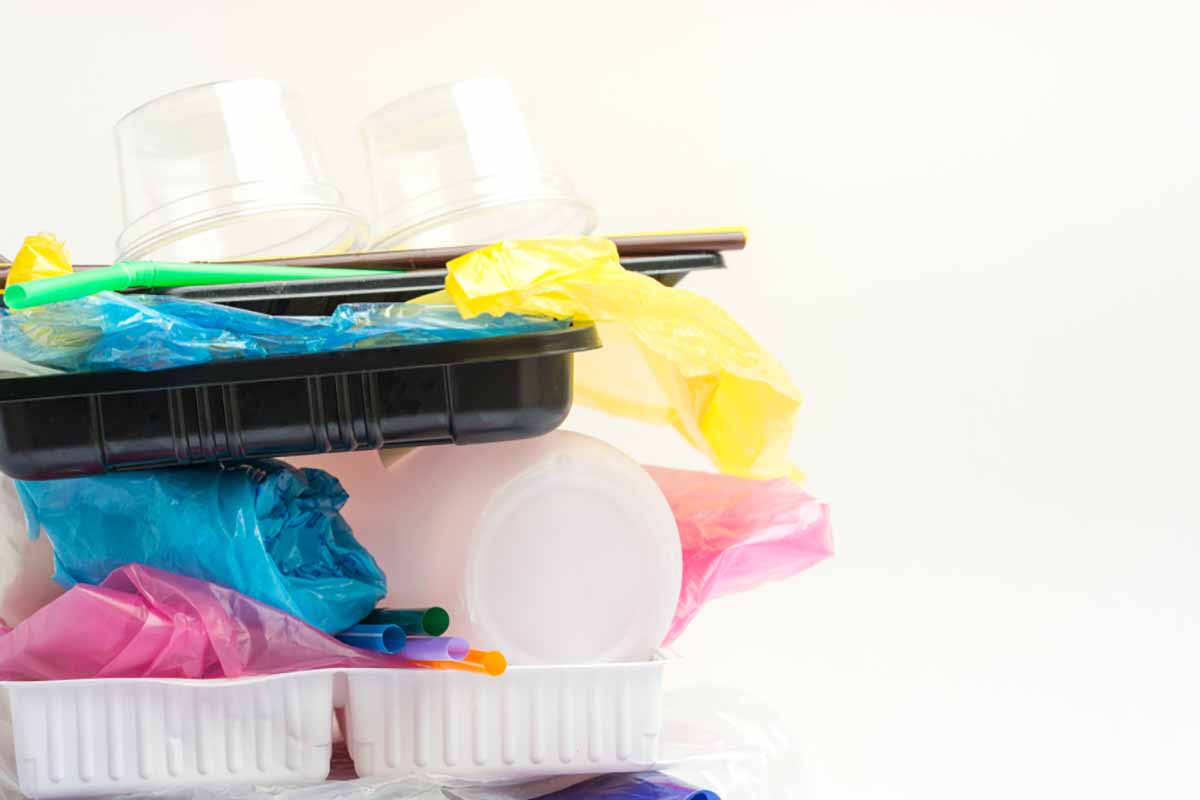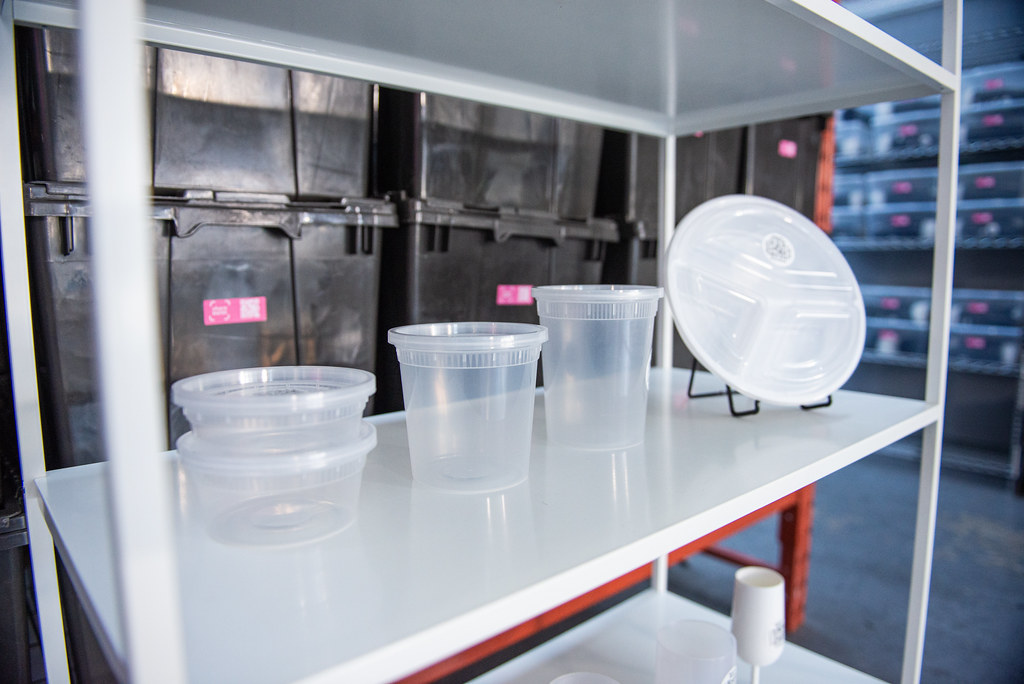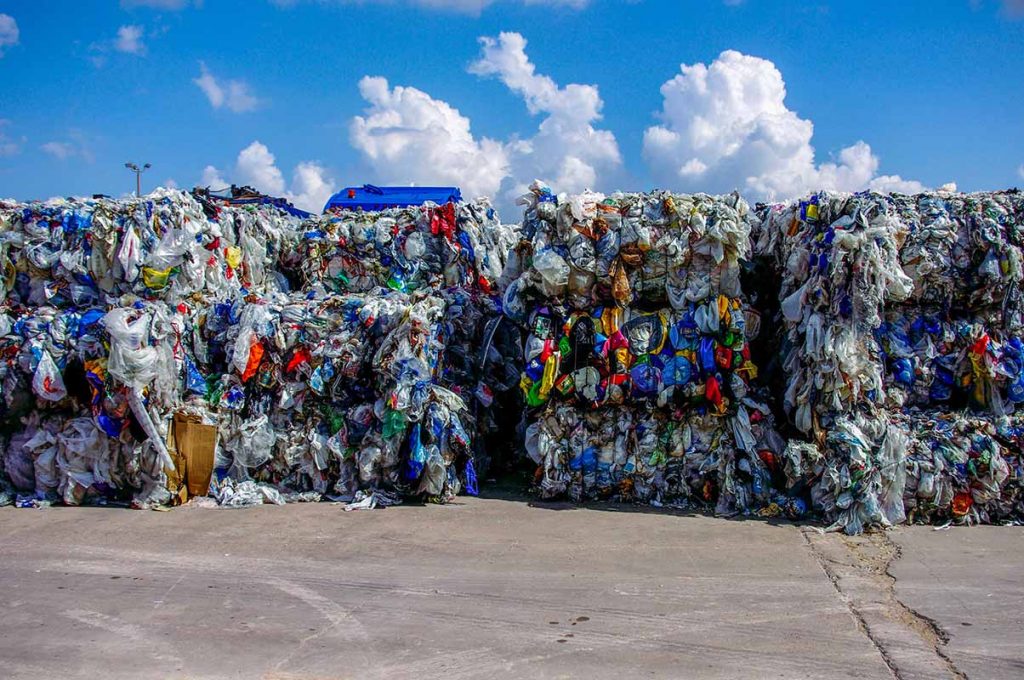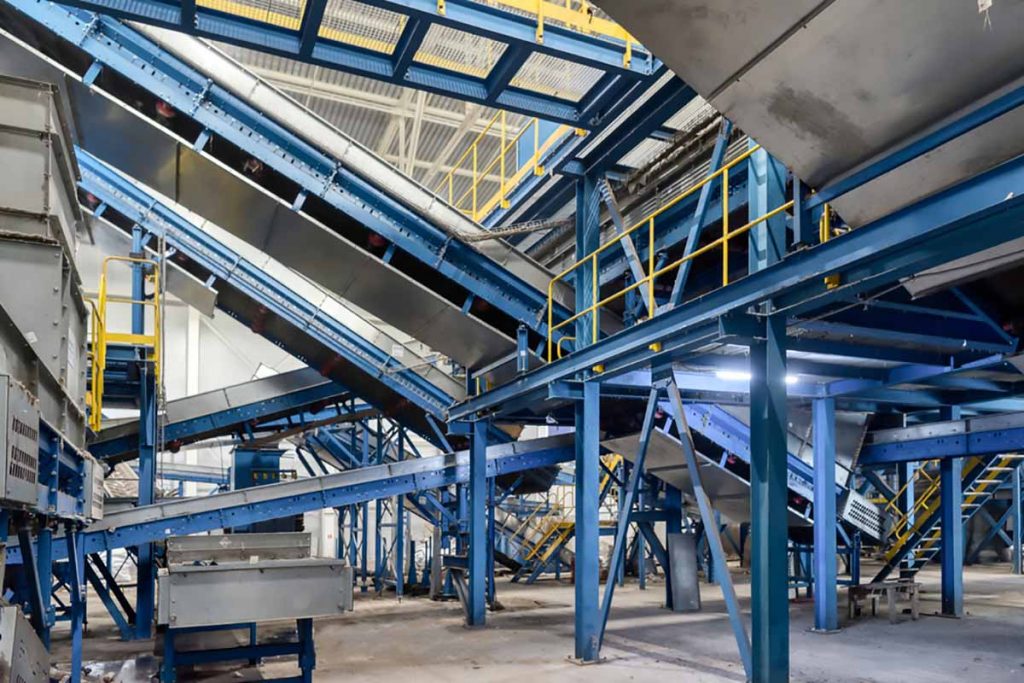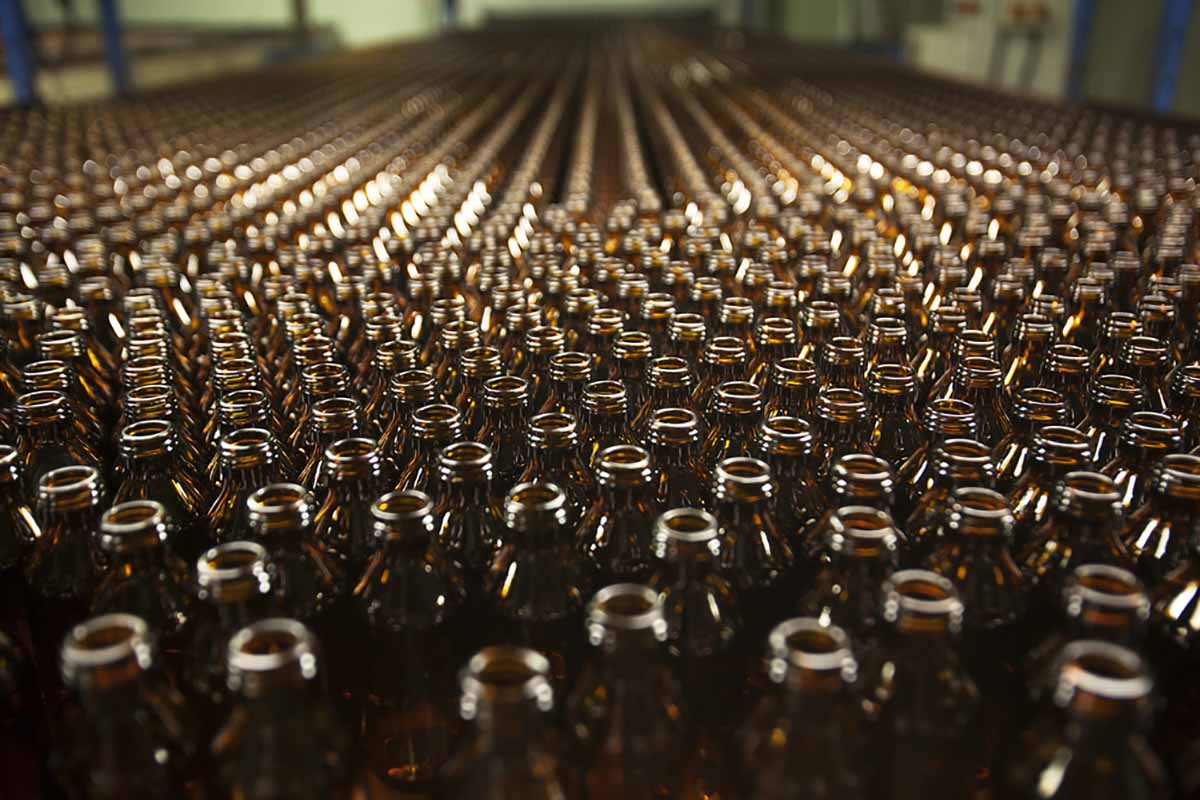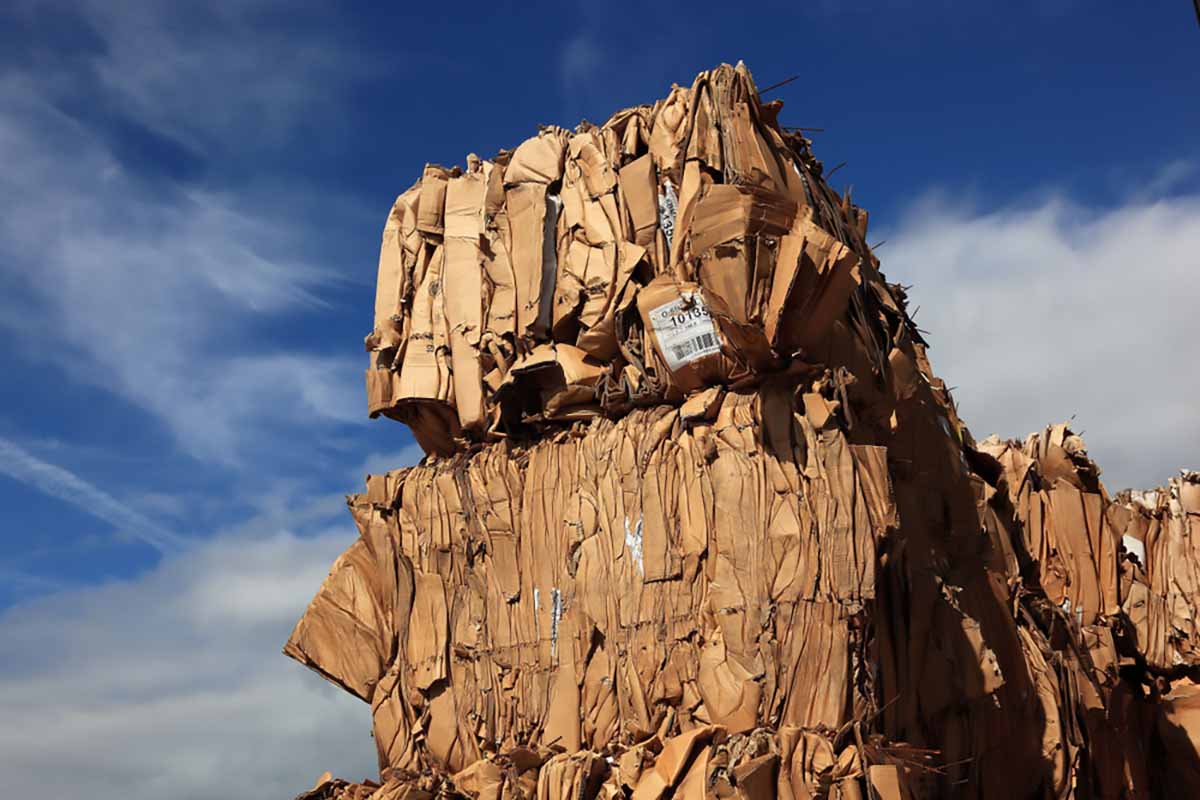Speakers from across Canada faced a variety of EPR-related challenges, but all agreed on one thing: Good EPR implementation requires strict cost management. | Rawpixel.com/Shutterstock
Representatives from five small Canadian municipalities shared the challenges and benefits of extended producer responsibility, advising anyone in a similar situation to be very familiar with costs and contamination. Continue Reading


